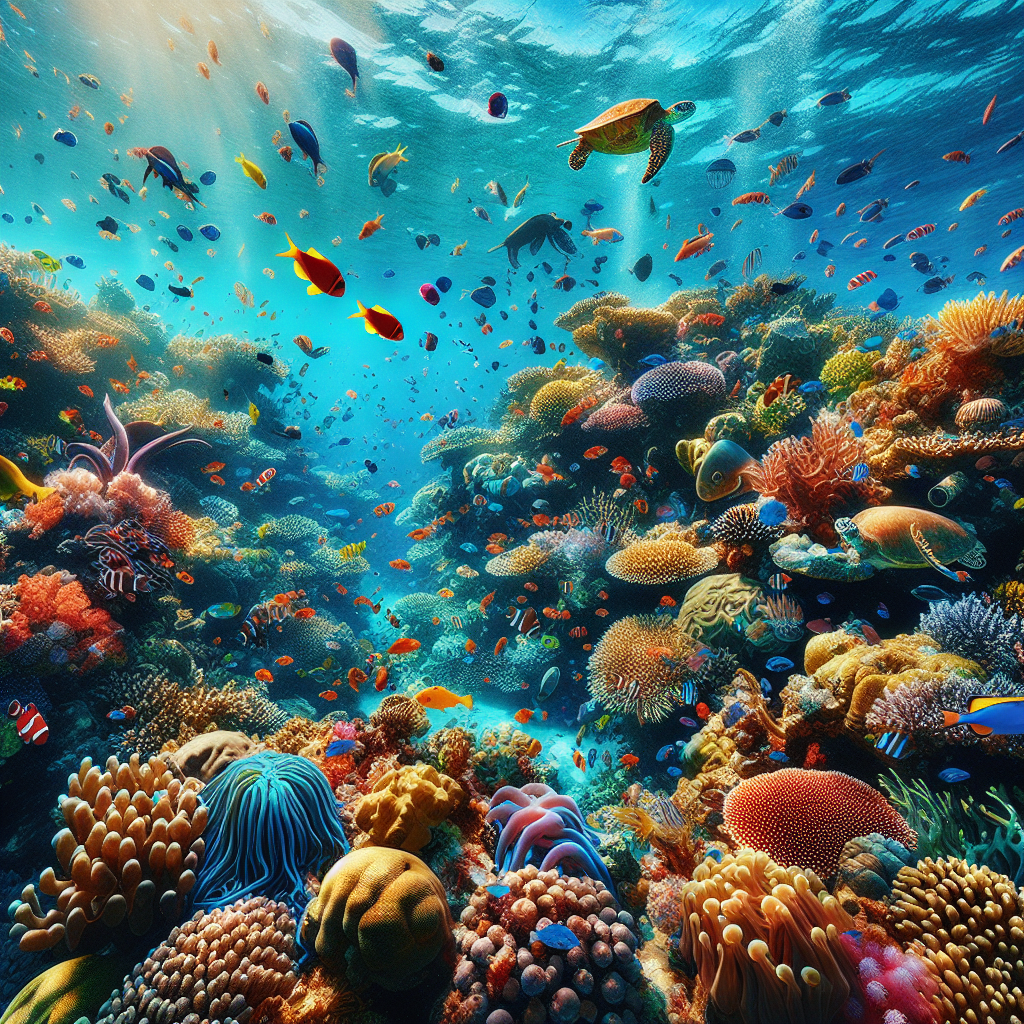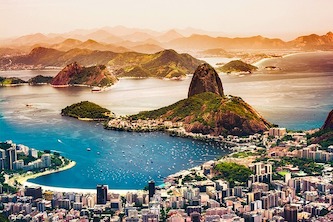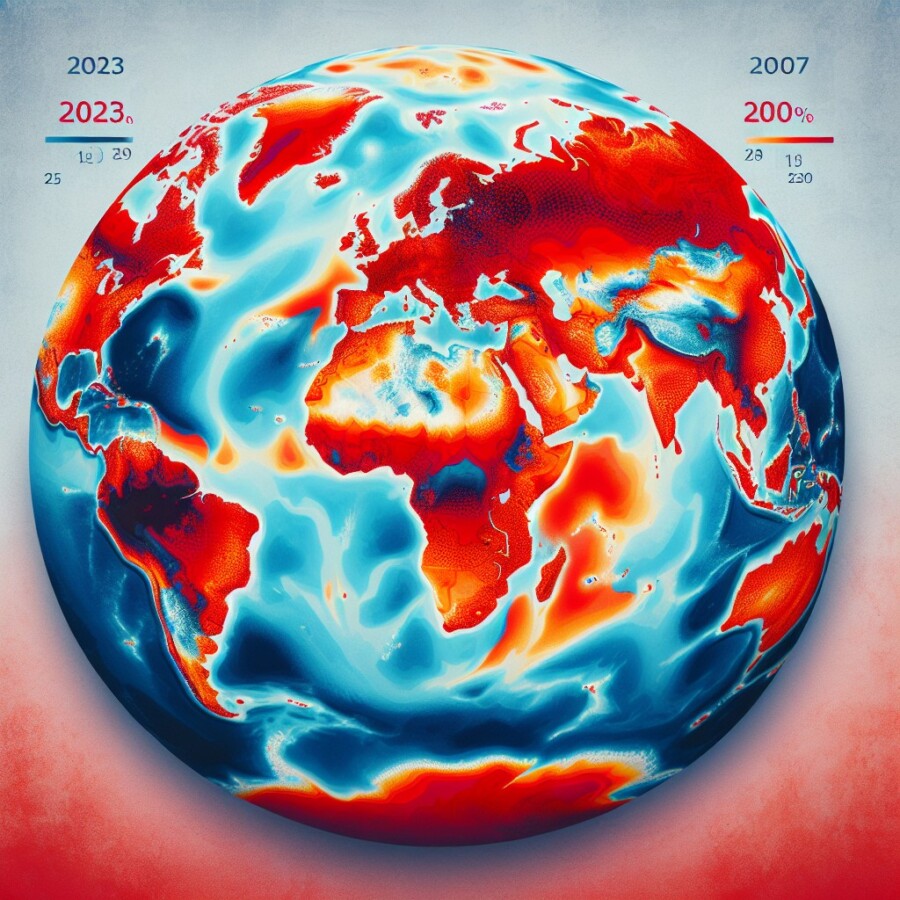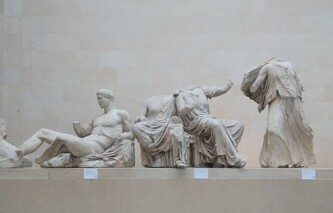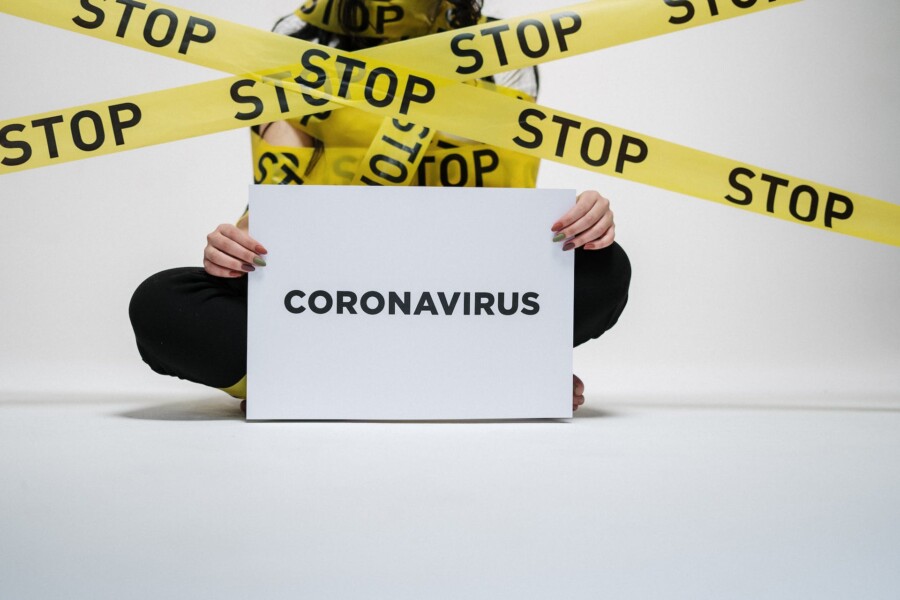The ocean is getting very hot, and this is making coral reefs sick. When coral gets too hot, it turns white and this is called bleaching. This is happening in many places like the Atlantic, Pacific, and Indian Oceans. Coral reefs are very important for fish and people who fish. Scientists say we need to stop making the planet warmer to help the coral.
Last year, the first signs of coral bleaching were seen in the Caribbean. Now, more than half of the world’s coral is affected, including the Great Barrier Reef in Australia. The ocean has been hotter than ever since last August. Climate change and a natural event called El Niño are making the water even warmer. Coral can get better, but it needs time, and the heat is not giving it enough time to heal.
Original news source: World’s coral turns white from deadly ocean heat (BBC)
🎧 Listen:
Slow
Normal
Fast
📖 Vocabulary:
| 1 | coral | A sea animal that looks like a plant and lives in the ocean |
| 2 | reefs | Underwater areas where many sea animals live |
| 3 | bleaching | When something loses its color and turns white |
| 4 | scientists | People who study things to learn more about them |
| 5 | planet | Another word for Earth |
| 6 | affected | When something is changed or hurt by something else |
| 7 | climate | The weather and temperature over a long time |
| 8 | event | Something that happens, like a party or a storm |
| 9 | heal | To get better after being sick or hurt |
| 10 | natural | Something that is not made by people, like trees or rivers |
Group or Classroom Activities
Warm-up Activities:
– Charades
Instructions: Divide the class into small groups. Give each group a set of cards with words related to the article (e.g. coral, bleaching, fish, heat). One student from each group will act out the word without speaking, while the other students guess what the word is. The group that guesses the most words correctly wins.
– News Summary
Instructions: In pairs, students take turns summarizing the main points of the article to their partner. Encourage them to use their own words and keep the summary brief. After each summary, the partner can ask questions for clarification or more details.
– Opinion Poll
Instructions: Give each student a piece of paper with the statement “Coral reefs are important because ___________.” Students should complete the sentence with their own opinion, and then walk around the classroom asking their classmates for their opinions. They can write down their classmates’ opinions next to their names on the paper. Afterward, students can share some of the opinions they collected with the class.
– Vocabulary Pictionary
Instructions: Write down a list of vocabulary words from the article on individual cards (e.g. coral, bleaching, reef, fish). Divide the class into two teams. One student from each team will come to the front of the class and choose a card without showing it to their team. They must then draw a picture to represent the word, while their team tries to guess what the word is. The team that guesses correctly gets a point.
– Pass the Story
Instructions: Sit the class in a circle. Begin by telling the first sentence of a story related to the article (e.g. “The ocean is getting very hot.”). The first student then continues the story with the next sentence, and it continues around the circle until the story is complete. Encourage students to use their imagination and add interesting details to the story.
🤔 Comprehension Questions:
1. What happens to coral when it gets too hot?
2. Where is coral bleaching happening?
3. Why are coral reefs important?
4. What do scientists say we need to do to help the coral?
5. Where were the first signs of coral bleaching seen last year?
6. How much of the world’s coral is affected by bleaching?
7. What is making the water even warmer?
Go to answers ⇩
🎧✍️ Listen and Fill in the Gaps:
The ocean is getting very hot, and this is making coral reefs sick. When coral gets too hot, it turns (1)______ and this is called bleaching. This is (2)______ in many places like the Atlantic, Pacific, and Indian (3)______. Coral reefs are very important for fish and people who fish. Scientists say we need to stop making the (4)______ warmer to help the coral.
Last year, the first signs of (5)______ bleaching were seen in the Caribbean. Now, more than half of the world’s coral is affected, including the (6)______ Barrier Reef in Australia. The ocean has been hotter than ever since last August. Climate change and a natural event called El Niño are making the water even (7)______. (8)______ can get better, but it needs time, and the heat is not giving it enough time to heal.
Go to answers ⇩
💬 Discussion Questions:
Students can ask a partner these questions, or discuss them as a group.
1. What is coral bleaching?
2. How do you think fish rely on coral reefs?
3. Do you like going swimming in the ocean? Why or why not?
4. How would you feel if you saw coral turning white?
5. What do you think scientists can do to help the coral reefs?
6. Have you ever seen coral reefs before? Where?
7. Why do you think the ocean is getting hotter?
8. Do you think it’s important to protect the coral reefs? Why or why not?
9. How do you think coral reefs help the planet?
10. What do you think would happen to the fish if the coral reefs disappeared?
11. Do you think we should stop making the planet warmer? Why or why not?
12. How can we help the coral reefs heal?
Individual Activities
📖💭 Vocabulary Meanings:
Match each word to its meaning.
Words:
1. coral
2. reefs
3. bleaching
4. scientists
5. planet
6. affected
7. climate
8. event
9. heal
10. natural
Meanings:
(A) A sea animal that looks like a plant and lives in the ocean
(B) The weather and temperature over a long time
(C) When something is changed or hurt by something else
(D) Another word for Earth
(E) Underwater areas where many sea animals live
(F) To get better after being sick or hurt
(G) Something that happens, like a party or a storm
(H) Something that is not made by people, like trees or rivers
(I) When something loses its color and turns white
(J) People who study things to learn more about them
Go to answers ⇩
🔡 Multiple Choice Questions:
1. What happens to coral when it gets too hot?
(a) It turns white and bleaches
(b) It turns green and grows
(c) It turns blue and sparkles
(d) It turns red and shrinks
2. Where is coral bleaching happening?
(a) In the Atlantic, Pacific, and Indian Oceans
(b) In the mountains and deserts
(c) In the cities and towns
(d) In the forests and jungles
3. Why are coral reefs important?
(a) They are important for birds and people who birdwatch
(b) They are important for flowers and people who garden
(c) They are important for fish and people who fish
(d) They are important for trees and people who climb
4. When did scientists first see signs of coral bleaching in the Caribbean?
(a) 10 years ago
(b) 100 years ago
(c) Last year
(d) 1000 years ago
5. What is making the ocean hotter?
(a) Rain and snow
(b) Climate change and El Niño
(c) Wind and clouds
(d) Lightning and thunder
6. Can coral get better?
(a) No, it will always be sick
(b) Yes, if it eats more fish
(c) No, it needs to move to a different ocean
(d) Yes, but it needs time to heal
7. What can we do to help the coral?
(a) Start making the planet colder
(b) Stop making the planet warmer
(c) Stop going to the beach
(d) Start eating more fish
8. Where is the Great Barrier Reef located?
(a) Antarctica
(b) Africa
(c) Asia
(d) Australia
Go to answers ⇩
🕵️ True or False Questions:
1. Scientists say we need to stop making the planet warmer to help the coral.
2. Last year, the first signs of coral bleaching were seen in the Indian Ocean.
3. Coral bleaching is happening in many oceans like the Atlantic, Pacific, and Indian Oceans.
4. Coral reefs are unimportant for fish and people who fish.
5. Climate change and a natural event called El Niño are making the water even warmer, which is not giving coral enough time to heal.
6. When coral gets too hot, it turns white and this is called bleaching.
7. The ocean is getting colder and this is making coral reefs healthy.
8. Less than half of the world’s coral is affected by bleaching, including the Great Barrier Reef in Brazil.
Go to answers ⇩
📝 Write a Summary:
Write a summary of this news article in two sentences.
Check your writing now with the best free AI for English writing!
Writing Questions:
Answer the following questions. Write as much as you can for each answer.
Check your answers with our free English writing assistant!
1. What happens to coral when it gets too hot?
2. Where is coral bleaching happening?
3. Why are coral reefs important?
4. What is making the ocean hotter?
5. Why does coral need time to heal?
✅ Answers
🤔✅ Comprehension Question Answers:
1. What happens to coral when it gets too hot?
When coral gets too hot, it turns white and this is called bleaching.
2. Where is coral bleaching happening?
Coral bleaching is happening in many places like the Atlantic, Pacific, and Indian Oceans.
3. Why are coral reefs important?
Coral reefs are important for fish and people who fish.
4. What do scientists say we need to do to help the coral?
Scientists say we need to stop making the planet warmer to help the coral.
5. Where were the first signs of coral bleaching seen last year?
The first signs of coral bleaching were seen in the Caribbean.
6. How much of the world’s coral is affected by bleaching?
More than half of the world’s coral is affected by bleaching.
7. What is making the water even warmer?
Climate change and a natural event called El Niño are making the water even warmer.
Go back to questions ⇧
🎧✍️✅ Listen and Fill in the Gaps Answers:
(1) white
(2) happening
(3) Oceans
(4) planet
(5) coral
(6) Great
(7) warmer
(8) Coral
Go back to questions ⇧
📖💭✅ Vocabulary Meanings Answers:
1. coral
Answer: (A) A sea animal that looks like a plant and lives in the ocean
2. reefs
Answer: (E) Underwater areas where many sea animals live
3. bleaching
Answer: (I) When something loses its color and turns white
4. scientists
Answer: (J) People who study things to learn more about them
5. planet
Answer: (D) Another word for Earth
6. affected
Answer: (C) When something is changed or hurt by something else
7. climate
Answer: (B) The weather and temperature over a long time
8. event
Answer: (G) Something that happens, like a party or a storm
9. heal
Answer: (F) To get better after being sick or hurt
10. natural
Answer: (H) Something that is not made by people, like trees or rivers
Go back to questions ⇧
🔡✅ Multiple Choice Answers:
1. What happens to coral when it gets too hot?
Answer: (a) It turns white and bleaches
2. Where is coral bleaching happening?
Answer: (a) In the Atlantic, Pacific, and Indian Oceans
3. Why are coral reefs important?
Answer: (c) They are important for fish and people who fish
4. When did scientists first see signs of coral bleaching in the Caribbean?
Answer: (c) Last year
5. What is making the ocean hotter?
Answer: (b) Climate change and El Niño
6. Can coral get better?
Answer: (d) Yes, but it needs time to heal
7. What can we do to help the coral?
Answer: (b) Stop making the planet warmer
8. Where is the Great Barrier Reef located?
Answer: (d) Australia
Go back to questions ⇧
🕵️✅ True or False Answers:
1. Scientists say we need to stop making the planet warmer to help the coral. (Answer: True)
2. Last year, the first signs of coral bleaching were seen in the Indian Ocean. (Answer: False)
3. Coral bleaching is happening in many oceans like the Atlantic, Pacific, and Indian Oceans. (Answer: True)
4. Coral reefs are unimportant for fish and people who fish. (Answer: False)
5. Climate change and a natural event called El Niño are making the water even warmer, which is not giving coral enough time to heal. (Answer: True)
6. When coral gets too hot, it turns white and this is called bleaching. (Answer: True)
7. The ocean is getting colder and this is making coral reefs healthy. (Answer: False)
8. Less than half of the world’s coral is affected by bleaching, including the Great Barrier Reef in Brazil. (Answer: False)
Go back to questions ⇧



